Britain & Ireland 1901-present
War and conflict, technology, illness and medicine and the battle for civil and national rights have all been key elements of the 20th century through to today, thus, all of those themes and many more are explored in this section. Underpinning many of these articles and included here are articles exploring pedagogical issues, managing knowledge and transferring knowledge. Read more
Sort by:
Date (Newest first) | Title A-Z
Show:
All |
Articles |
Podcasts |
Multipage Articles
-

Diversifying the curriculum: one department’s holistic approach
ArticleClick to view -
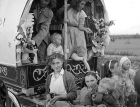
Teaching Gypsy, Roma and Traveller history
ArticleClick to view -
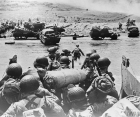
Recorded webinar: Untold Stories of D-Day
ArticleClick to view -

Census 2021: using the census in the history classroom
ArticleClick to view -

Why does anyone do anything? Attempts to improve agentive explanations with Year 12
ArticleClick to view -
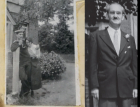
Teaching Year 9 to argue like cultural historians
ArticleClick to view -
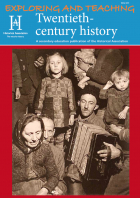
Exploring and Teaching Twentieth-Century History
ArticleClick to view -
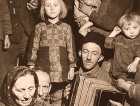
Teaching 20th-Century History Resources
ArticleClick to view -

Modelling the discipline
ArticleClick to view -
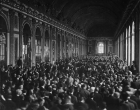
Polychronicon 175: Paris 1919 – a century on
ArticleClick to view -
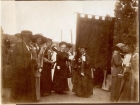
Polychronicon 174: Votes for Women
ArticleClick to view -

Beyond tokenism: diverse history post-14
ArticleClick to view -

'Victims of history': Challenging students’ perceptions of women in history
ArticleClick to view -

WWI and the flu pandemic
ArticleClick to view -
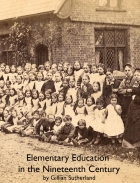
Elementary Education in the Nineteenth Century
ArticleClick to view -

Teaching the very recent past
ArticleClick to view -

Podcast: The Life and Significance of Alan Turing
ArticleClick to view -

Podcast: The Historical Medicalization of Homosexuality & Transvestism
ArticleClick to view -

The Harkness Method: achieving higher-order thinking with sixth-form
ArticleClick to view -
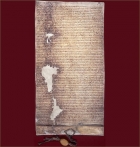
The Great Charter: Then and now
ArticleClick to view

